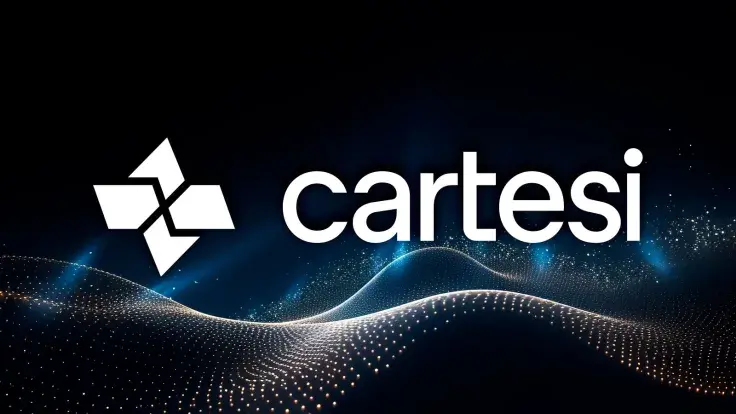The Cartesi Foundation, the organization behind the development of the Cartesi ecosystem, has confirmed its intention to commence open market purchases of CTSI, the ecosystem's core cryptocurrency. With no specific announcements expected, the foundation will accumulate $500,000 worth of CTSI in a series of buybacks.
Cartesi Foundation to purchase CTSI on open market, $500,000 deal announced
According to the official statement, the Cartesi Foundation, a nonprofit organization that curates the blockchain ecosystem Cartesi, has begun purchasing CTSI tokens on the open market. The foundation will acquire $500,000 of the native Cartesi token in a series of market buys as part of its commitment to supporting long-term ecosystem growth.
In alignment with its pledge to drive greater adoption of Cartesi’s infrastructure and native token, the Cartesi Foundation will make this strategic purchase.
The tokens will be gradually acquired over time and added to the foundation’s treasury, with the purchase plan subject to adjustment at the foundation’s discretion depending on market conditions.
The initiative reinforces the foundation’s deep conviction in Cartesi’s vision and long-term potential. Cartesi Foundation is certain that Cartesi is set to empower the next cohort of blockchain-based applications of all types.
CTSI reserve set to fuel ecosystem growth
Through allocating treasury funds to a series of CTSI purchases, the foundation aims to signal its confidence in Cartesi’s team and technology, which is ideally suited to facilitate blockchain adoption.
Tokens will be acquired on the open market without prior announcement, with a series of market buys made until at least $500,000 of CTSI has been purchased. The CTSI will be held in reserve by the foundation for future development to stimulate further ecosystem growth.
Cartesi, a prominent blockchain ecosystem, is designed to offset the gap between Web2 software and Web3 infrastructure. Technically, the project is a powerful modular blockchain protocol that equips developers with access to a full Linux environment and high-performance rollups designed to support next-generation dApps.


 Dan Burgin
Dan Burgin Vladislav Sopov
Vladislav Sopov